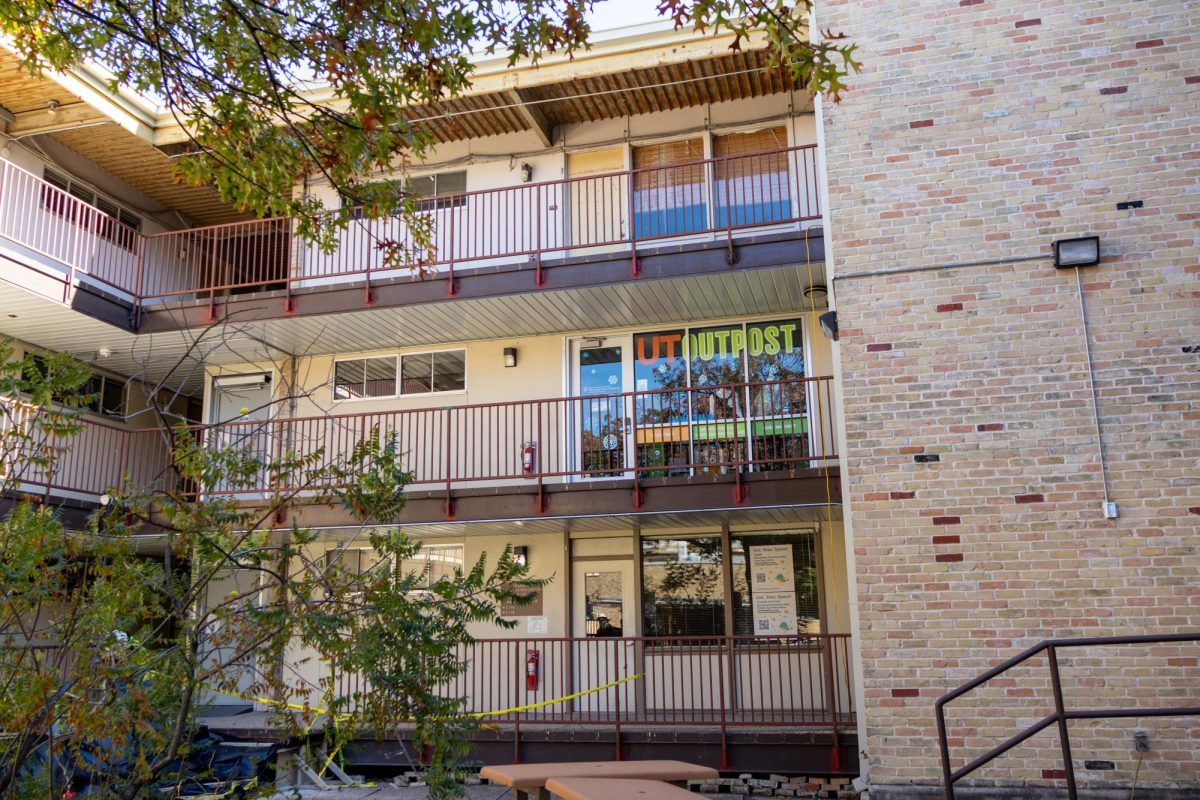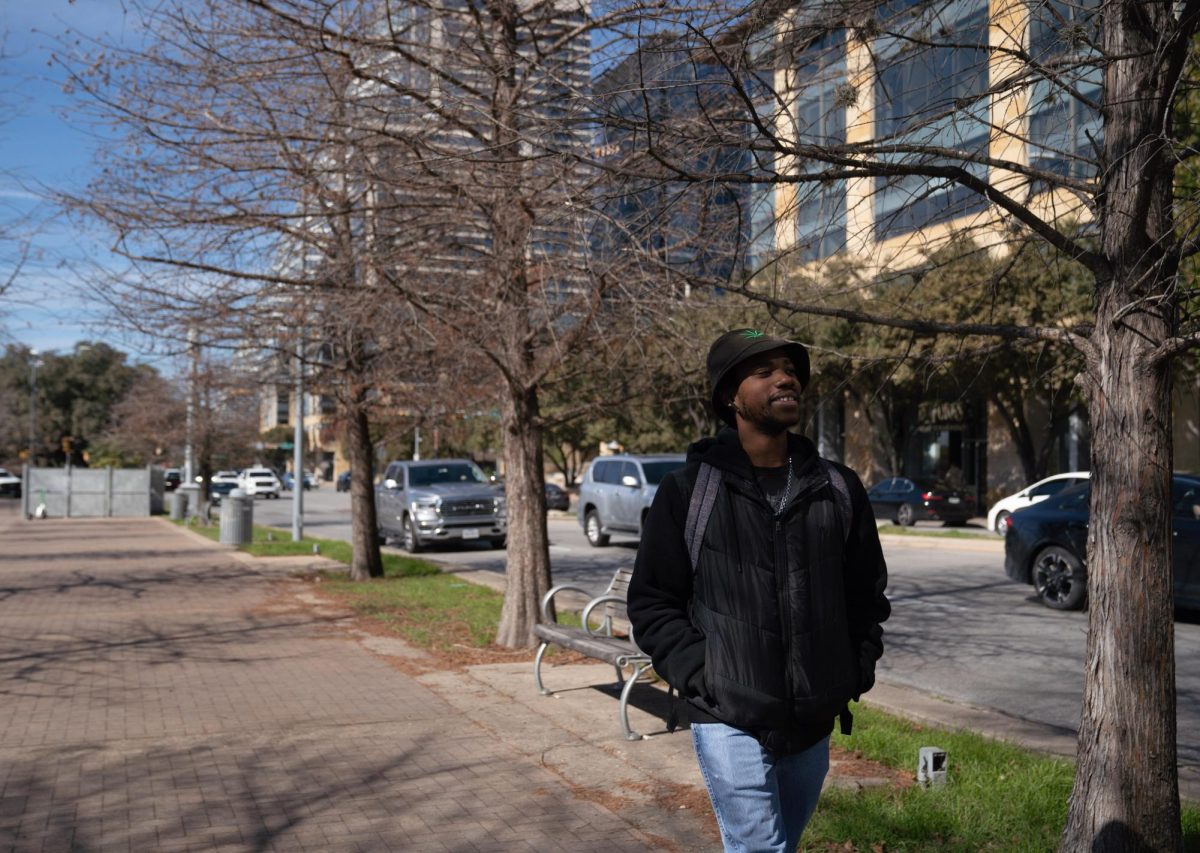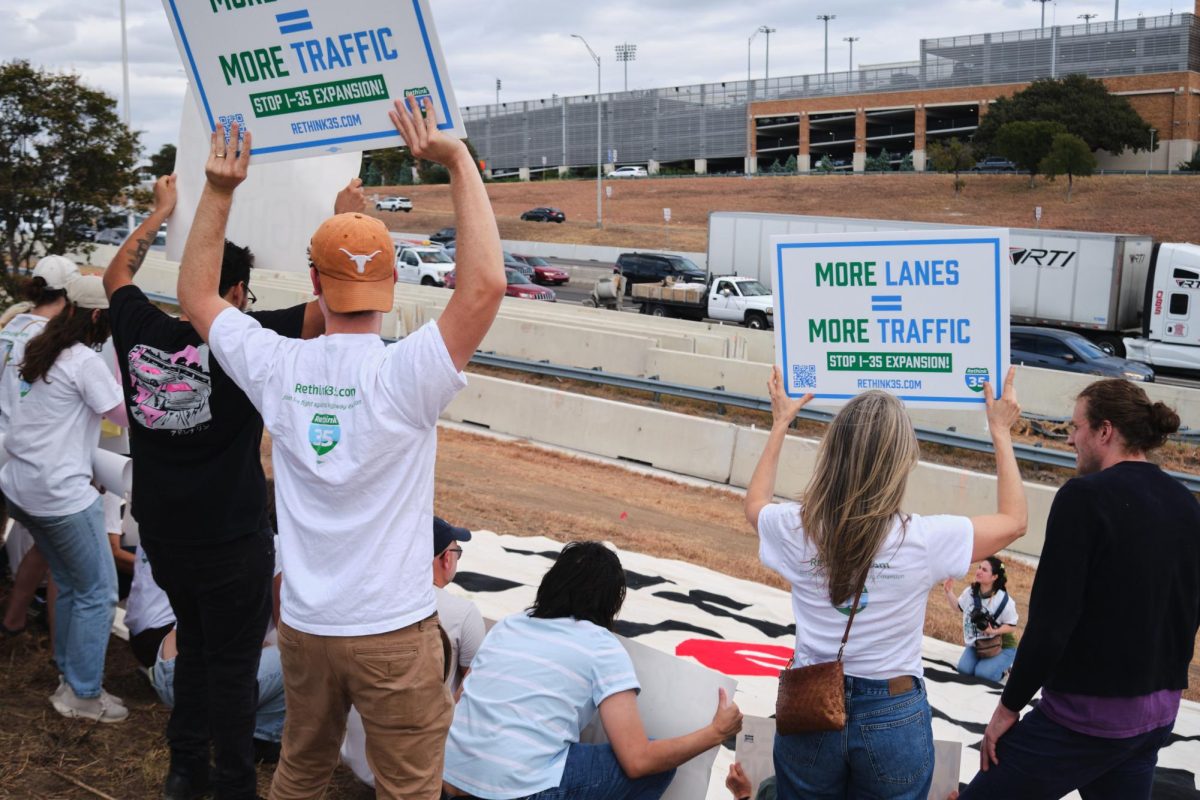The 85th Legislature will finally put to test several theories on what role the state can constitutionally play in policy disputes with localities, which could potentially impact Austin’s ride-hailing regulations and transgender bathroom ordinance, according to state lawmakers Saturday.
As part of the 2016 Texas Tribune Festival, two separate panels of state senators and representatives previewed the upcoming session of the Legislature, which reconvenes in January.
Both panels heavily focused on the issue of local control and whether the state can overturn city council policies through statewide legislation.
Legislators briefly touched on the issue with a bill overturning Denton’s hydraulic fracturing ban last session that was signed into law by Gov. Greg Abbott.
“There is no 10th Amendment for cities,” said state Sen. Konni Burton, R-Colleyville, at the Senate Agenda panel, citing the state’s protection against intrusion from the federal government. “We created the cities, the state did, so we have every right to say ‘you are overreaching.’”
In May, Austin voters sided with city officials by reaffirming ride-hailing regulations — primarily mandatory fingerprint-based background checks — through an initiative at the ballot, and ride-hailing companies Uber and Lyft ceased services as they had promised after Austinites voted to keep the regulations.
Last session, two companion bills that would have kept cities such as Austin from regulating ride-hailing companies stalled, with both bills never receiving a committee vote in either legislative body.
Several lawmakers at both panels listed revisiting local control legislation as at the top of their agendas for next session, while specifically naming Austin’s ride-hailing ordinance as a catalyst for action.
While many of the panelists disagreed on whether the state had the power to override a voter decision like Austin’s, they seemed to agree that the Legislature would bring about a vote on ride-hailing in one way or another next session.
“I like Uber, but the city of Austin voters decided that they want to enforce these rules, and as I understand it, Uber chose to leave,” Rep. Drew Springer, R-Muenster, said at the House Agenda panel. “I don’t know why the Legislature needs to get involved in that decision.”
Earlier this year, Lt. Gov. Dan Patrick waded into national controversy on the local control issue when he said adopting a transgender bathroom law similar to North Carolina’s would be one of his top priorities next session.
The North Carolina law in question bans transgender people from using the restroom that corresponds to the gender identity they identify with and requires them to enter whichever restroom reflects the sex listed on their birth certificate.
“I think the handwriting is on the bathroom wall: Stay out of the ladies’ room if you’re a man,” Patrick, who is also president of the state Senate, said to reporters at a news conference in May. “If it costs me an election, if it costs me a lot of grief, then so be it.”
Several cities throughout the state, including Austin, have bathroom ordinances related to transgender people and gender identity, which could be wiped clean from city codes by any statewide bans enacted by the Senate.
“For cisgendered people like myself, it’s easy to take for granted that we don’t have to feel ostracized about something as simple as using the bathroom,” said Joseph Trahan, communications director for University Democrats. “Unfortunately, with people like Dan Patrick, transgender people are constantly having to be reminded that the gender they identify with isn’t respected.”
Despite the controversy surrounding the North Carolina law, Patrick and other conservatives have argued Texas voters set an example on local control and sex-specific bathrooms when Houston voters voted down it’s Equal Rights Ordinance by an overwhelming margin of 61 to 39 percent in November 2015.
“I don’t want a 16-year-old boy showering with 16-year-old girls,” Patrick said at a panel Saturday.
While lawmakers debate whether ride-hailing regulations and sex-specific bathrooms are issues at the top of their agendas for next session, no actual piece of legislation related to local control will come out of the legislature until both houses reconvene in January.




















